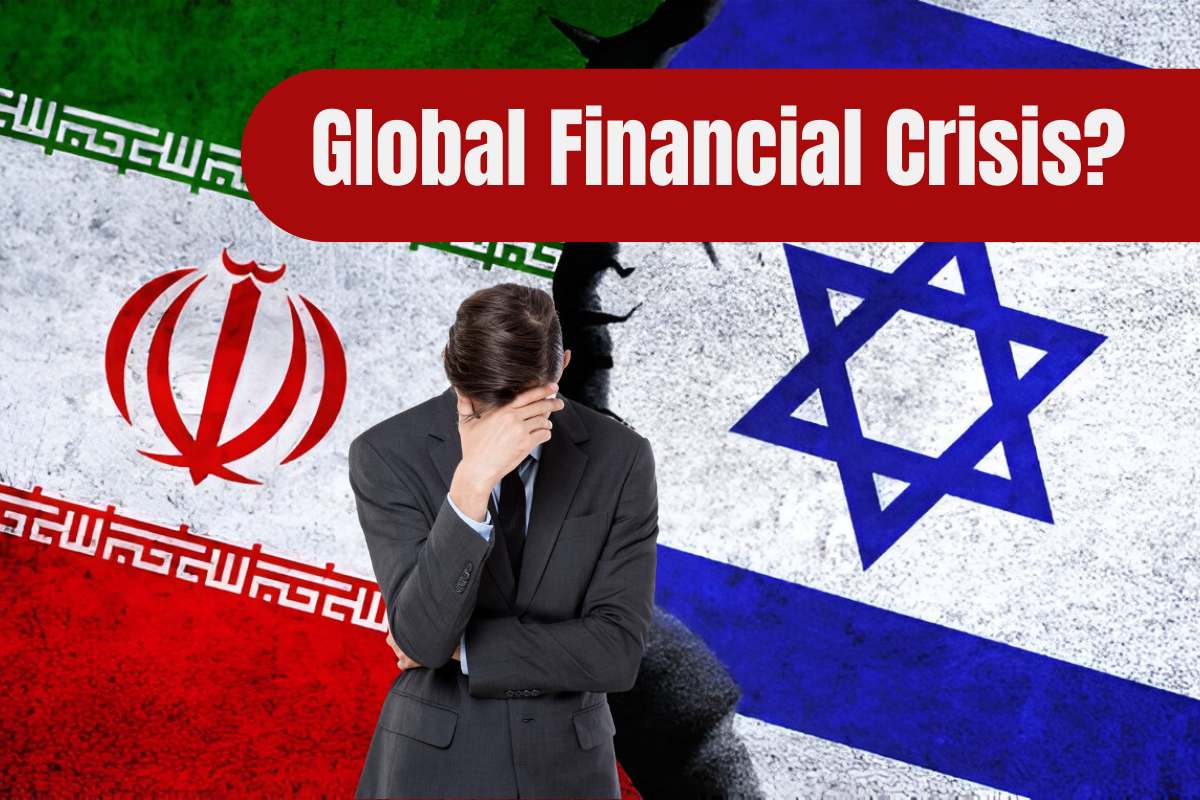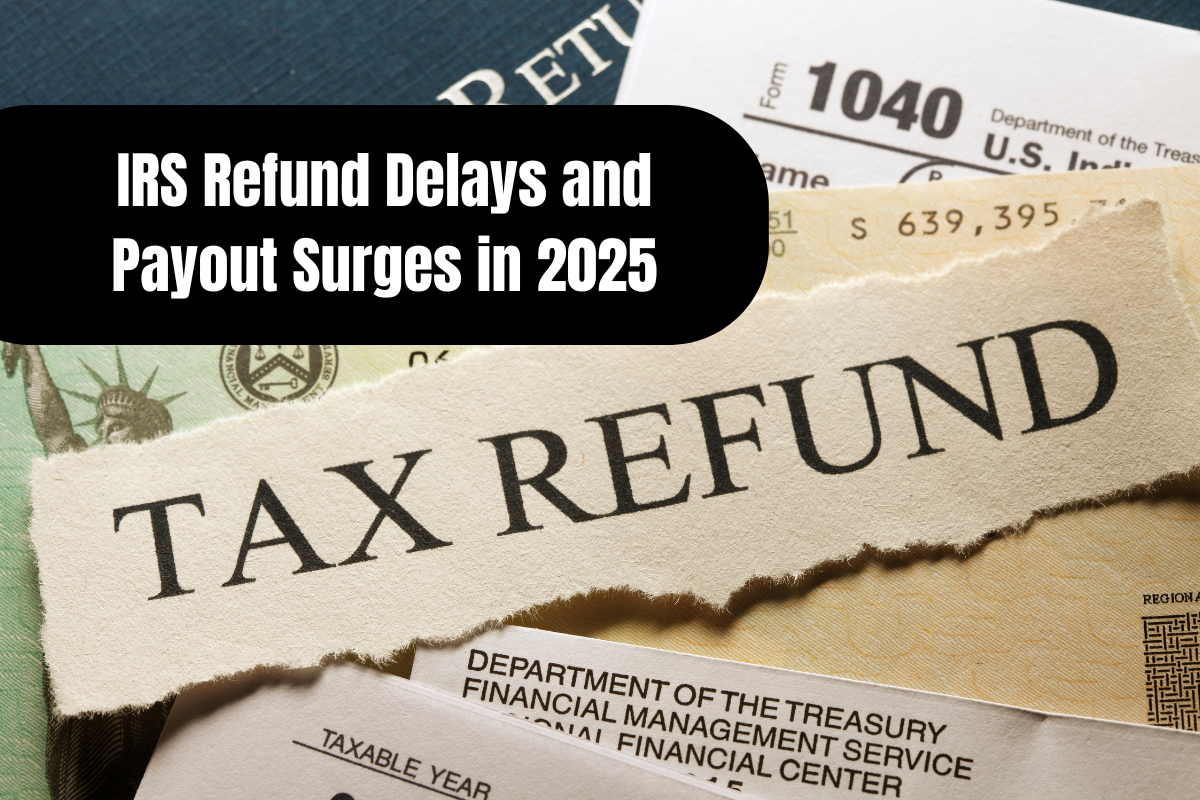The news of the major military attack on Iranian nuclear facilities by Israel came on June 13, 2025. The action has increased the feeling of alienation in the Middle East. Due to the Israel and Iran conflict, financial markets globally are already bearing the brunt. The repercussions of this altercation are wide-ranging and they can even be felt in places like oil prices and stock futures, to mention just a few. However, what impact of would these tensions have on the global economy?
Tensions in the Middle East Lead to Higher Oil Prices
Much of the first thing noticed as a result of the Israel and Iran conflict is what is obvious: prices of oil go up. Following the strike, more than 12% of the world’s mad have risen crude oil prices, now standing at their all-time highs as last year. Should the investors’ nervousness about supply risk, mainly in the Persian Gulf, continue, oil futures prices will not stop rising. In the event of a deepening conflict, the estimated level of oil prices would be $120 per barrel, thereby creating additional pressure on the world-wide market.
The rise in the price of oil generally leads to an increase in the production costs of all the industries in the world, thus contributing to the process of inflation. The result of this is that the countries that depend so much on oil imports such as the developing countries may undergo severe economic crises. As for the more affluent countries, this will mean more money paid on energy bills and a fall in consumer expenditure, which will, in turn, deepen the economic slowdown.
Stock Market Premises Collapse in the Face of International Political Globa
Against a background of higher oil prices, stock market future deals are having some difficulty in holding their ground. Both the Dow Jones Industrial Average (DJIA) and the S&P 500 futures have seen a significant drop in their numbers, indicating investors’ worries about the geopolitical instability that has been increasing.
Throughout history, geopolitical tensions have always been the cause of market volatility, and the current state is no exception. The increase in oil prices would mean that companies would face higher costs of production that would eat into profit margins as well as fewer stock prices. If the inflation levels show no signs of decreasing, the bankers would be obliged to go for the increase of the interest rates which, in turn, would deconstruct the growth of the stock market.
Impact on the Global Economy:
Crude oil prices today tell the story of the turmoil in the Middle East. It is expected that, as the conflict in the region drags on, the cost of oil will remain highly variable. If the situation of the global oil supply disruption would be kept on, then fluctuations in oil prices could have additional impacts to production and transport cost that would, in turn, be a factor that increases inflation.
Probably the path of monetary policy could be through the central bank as the cause of the increase in oil prices. Nevertheless, if interest rates are high, it could lead to a decrease in GDP since the latter contradicts the former. Given this difficult situation, it is difficult for the world market to find solutions as it is forcing them into a complex situation.
Stock Futures: Market Volatility and Economic Concerns
Due to the uncertainty generated by the increase in oil prices, the stock futures have, in turn, become even more unstable. The S&P 500 and DOW JONES Industrial futures, as a reflection of the way investors are thinking, are getting more pessimistic as the former experiences a downward trend, and the latter a fall in value. If the regions in conflict continue to stay the same for a long time, the markets could be in crisis for a long time.
Inflated prices caused by both reasons and the subsequent reduced scope for government intervention to maintain the development of the stock market may serve to slow down the growth of equities. The continuous high prices of petroleum goods in the market may force companies to suffer losses and, consequently, the share values will face downward pressure. Under these circumstances, the stock market is expected to witness more fluctuations in the future.
Israel’s air strike against Iran has had a very big impact on the world economy, and it is oil prices and stock future options that are being most affected. With tensions further heating up, the financial market situation is getting worse on a global scale. The next few months will decide the fate for all those who take part in the investment market if oil prices are high and stock futures are highly unstable.
People are preparing for more questions than answers being answered, as the market behavior to be seen in the following weeks will definitely define the global economic prospects. The Israel-Iran situation, notwithstanding the small geography, has already started to become very significant to the global finance and may eventually result in the situation that can be found not only in the Middle East.











